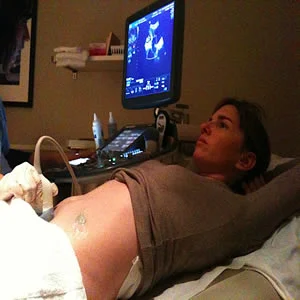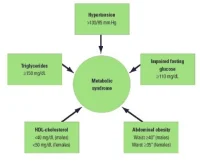According to research presented at the Pediatric Academic Societies (PAS) annual meeting in San Diego, parents-to-be living in poor or rural communities are less likely to find out their baby has heart disease before birth as compared to those living in more affluent or urban communities.
Ultrasound technology has enabled the detection of birth defects and other abnormalities before the birth of a child. Study author Garick Hill, MD, MS, FAAP, a paediatric cardiologist at Children's Hospital of Wisconsin, points out that routine ultrasounds play a key role in identifying most congenital heart disease as well as other birth defects prior to the birth of the child. This enables hospitals and clinicians to be well-equipped during delivery. However, this particular study shows that there is a need for more progress in identifying heart disease before birth in poor, rural communities.
Dr. Hill and his colleagues reviewed the charts of 535 babies born between 2007 and 2013 and who had heart surgery or catheter intervention in the first 30 days of life. The team determined if the babies were diagnosed with heart disease before or after birth and the factors associated with later diagnosis.
The review showed that the rate of detection of critical congenital heart disease before birth increased from 44 percent in 2007 to 69 percent in 2013. Some lesions such as tricuspid atresia were diagnosed in all cases while some like total anomalous pulmonary venous connection were rarely diagnosed. It was also evident that those living in poor or rural communities were least likely to get a diagnosis before the birth of the baby.
"The reason for the difference in poor, rural communities is likely due to the health care resources available," said Dr. Hill, who also is assistant professor of paediatrics, Division of Pediatric Cardiology, the Medical College of Wisconsin. "These communities did almost as well in diagnosing heart disease with standard ultrasound views but not nearly as well with more complex views and heart disease. Therefore, more resources and training in these more complex views should be targeted to the medical providers in the poor, rural communities."
Source: American Academy of Pediatrics
Image Credit: Wikimedia Commons










